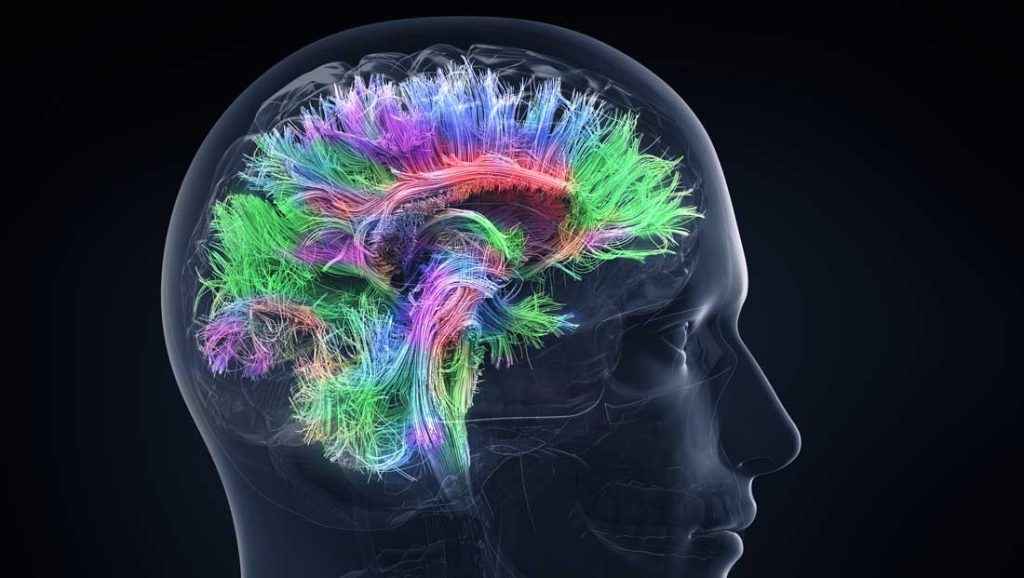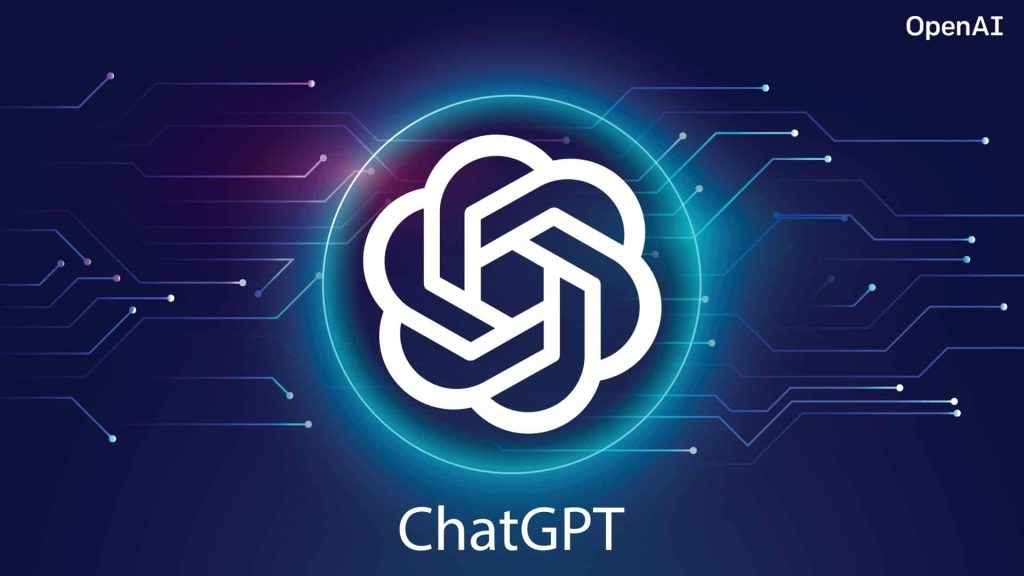Artificial intelligence has become second nature to us in 2025. From students drafting essays to professionals powering through reports, tools like ChatGPT have woven themselves into the fabric of how we think, work, and create. But a new study out of MIT’s Media Lab, led by neuroscientist Nataliya Kosmyna, is raising an urgent question: What is artificial intelligence doing to our brains?
Over four months, 54 participants were fitted with EEG caps while completing writing tasks with either ChatGPT, Google Search, or nothing but their own minds. The findings, published in the Journal of Cognitive Neuroscience, paint a striking picture of how AI might be reshaping human cognition. And not always for the better. Here are the biggest insights from the study that might change the way we interact with AI, from the classroom to the boardroom.
Also read: Midjourney V1 Explained: Better than Google Veo 3?
Brain mapping study says AI use is slowing it down
One of the most jaw-dropping revelations: participants using ChatGPT experienced a 47% drop in neural connectivity. That’s a steep decline from 79 functional brain connections to just 42. Think of it as your brain’s Wi-Fi signal going weak just when you need it most.


Meanwhile, participants who tackled the tasks without AI lit up with alpha and theta brain waves, both closely tied to creativity, memory, and deep thinking. Even more alarming? Over 83% of ChatGPT users were unable to recall key details of the essays they had just written. In short, while AI might make our output look polished, it’s doing far less for what’s happening under the hood. As Kosmyna puts it, “When the machine starts thinking for us, the brain stops needing to show up.”
The productivity gains are undeniable. On average, ChatGPT helped users complete their tasks 60% faster. But that speed comes with a price: a 32% reduction in germane cognitive load, the kind of mental effort tied to understanding, learning, and reflection.
Also read: Israel-Iran conflict: How AI’s guiding military war on ground
The researchers call this “cognitive debt”. A metaphorical loan we take out when we outsource our thinking to AI. Eventually, the interest comes due: we become quicker, yes, but not necessarily wiser. The participants who wrote without AI often described a greater sense of satisfaction and engagement, evidence that slower, more effortful work still holds value in an AI-saturated world.
Heavy AI users easily struggling without AI
Perhaps the most sobering twist came when long-time ChatGPT users were asked to complete tasks without assistance. The result? Their performance declined more than those who had never used AI at all. It was as if their brains had forgotten how to work independently. This finding echoes growing concerns among educators and employers alike: that AI isn’t just changing how we work, it may be quietly eroding our ability to think without it. However, the opposite was also true. Users with strong foundational cognitive skills who used AI sparingly actually saw an increase in brain activity during assisted tasks. The message? AI isn’t inherently harmful, it’s how we use it that matters.


Time to reflect on how much AI is good
Despite the red flags, the study offers hope. Participants who had relied only on their own minds or used traditional tools like search engines showed enhanced brain activity when they first began experimenting with ChatGPT. Their prefrontal cortex lit up, and memory retention improved, suggesting that AI, when used as a support, not a substitute, can actually boost cognitive performance.
This is the model the researchers hope to champion: AI as a co-pilot, not an autopilot. It’s about balance, letting the machine help without handing over the wheel entirely. As social platforms light up with hot takes and debate, this study cuts through the noise with a clear warning: AI can sharpen us or soften us. The difference lies in how we engage with it. Will we use tools like ChatGPT to spark new ideas, enhance creativity, and stretch our thinking or let them think for us entirely? The answer may shape not just our productivity, but the very essence of our minds.
Also read: Microsoft’s new AI agent for Windows PC: What all can it do?

